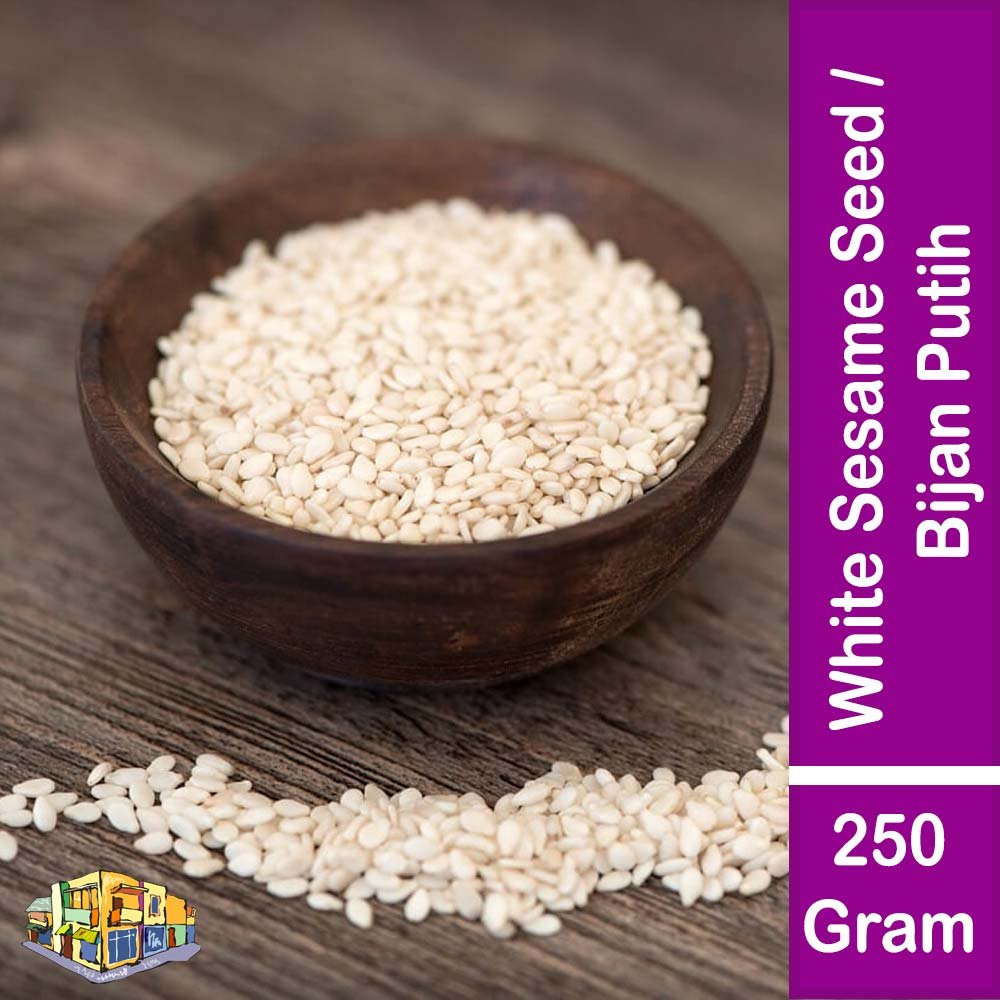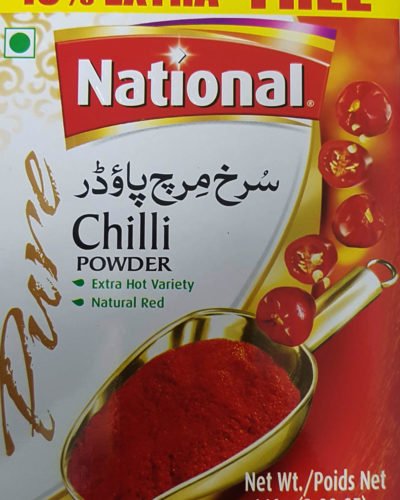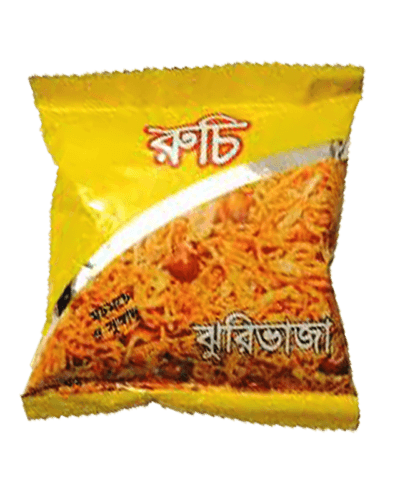Description
White Sesame seeds are high in protein as well as many B vitamins, including thiamine, niacin, and B6, which help to promote proper cell function and boost metabolism. The seeds are also a significant source of fiber and contain high levels of minerals, including manganese, magnesium, copper, calcium, and iron. The seeds contain two types of lignan fiber that are not found in other plant species. These types of fiber are good for digestive health and have been shown to help reduce bad cholesterol within the body.
White Sesame seeds are used extensively in Middle Eastern, Mediterranean, and American cuisine. In North America, the seed is often used to flavor baked bread and crackers and is used extensively to top hamburger buns, with one-third of the country’s imported crop being used by the popular fast-food restaurant McDonald’s. White Sesame seeds are ground into a paste known as tahini. This flavorful paste gives hummus its distinctive taste and can also be used to make sauces, dressings, marinades, and in baking. White Sesame seeds are used to flavor desserts like halvah, a soft, fudge-like confection made from crushed sesame seeds that is popular in many Middle Eastern and Asian countries. White Sesame seeds can be ground into nut butter and spread on bread with honey for a delicious and healthy breakfast or folded into cookies for a unique taste. Sesame seeds should be stored in an airtight container at room temperature or under refrigeration for optimum flavor. When stored properly, the seeds will last 3 to 6 months.






